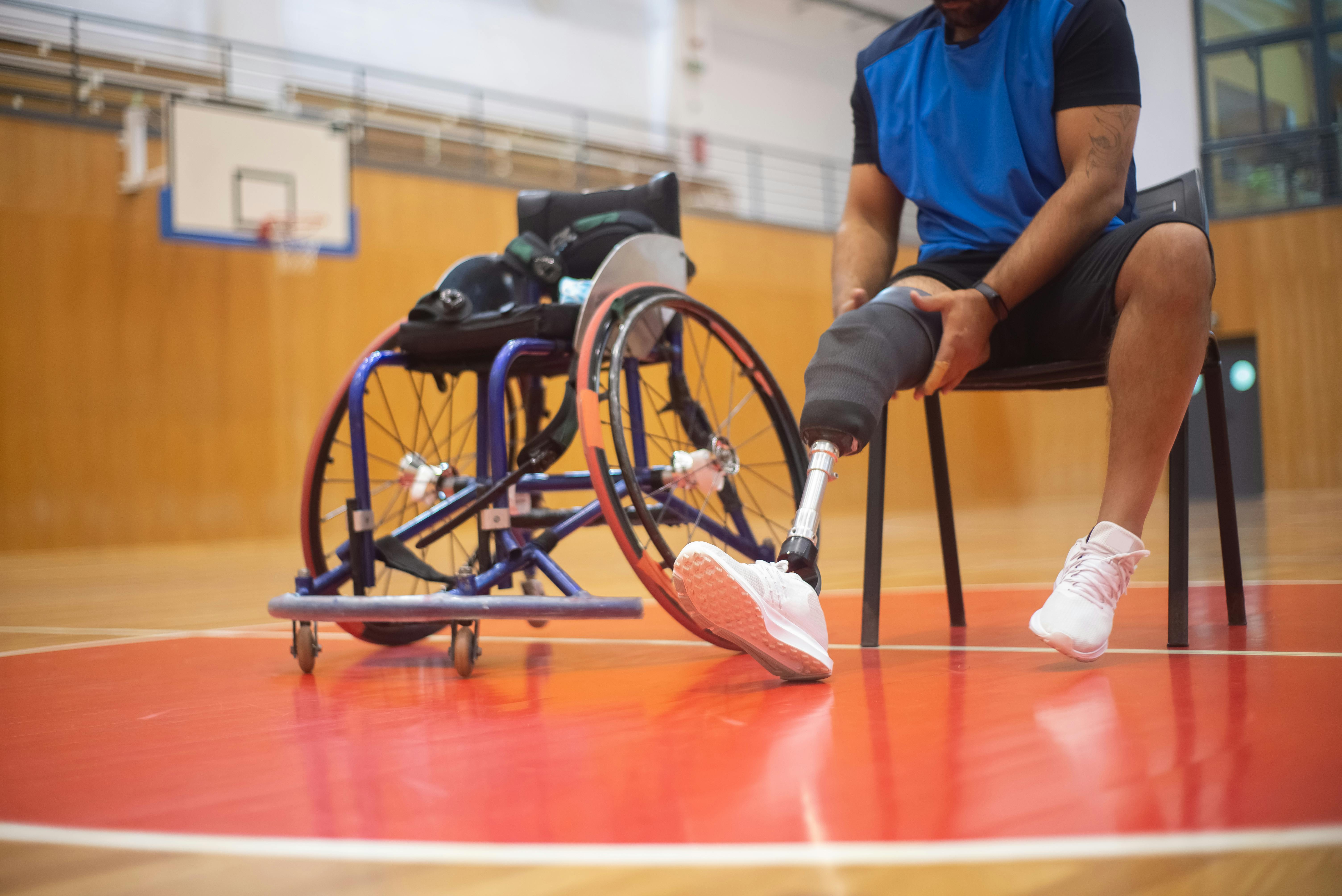
Recovery from Divorce and 5 Steps to Your Next Long-Term Relationship: Step 2: A Recreational Relationship
admin
- 0
It takes five steps to build a long-term relationship. Each step in the process builds on the previous step. Well done, it’s a marathon, not a sprint.
The Five Steps To A Long-Term Relationship
The relationship path from the initial introduction to the elderly couple goes through five separate relationship stages: (1) Step 1: The transitional relationship, (2) Step 2: The recreational relationship, (3) Step 3: The Pre-committed relationship, (4) Step 4: The committed relationship and (5) Step 5: The marital relationship. (For a discussion of recreational, pre-committed, and committed relationships, see David Steele Conscious dating, (Campbell, CA, RCN Press, 2008). The discussion about the pre-engaged relationship is particularly good.)
This article addresses the second step in the relationship building process, Step 2: The Recreational Relationship.
The recreational relationship is a time to play
A recreational relationship is one that you enter into for the sole purpose of enjoying being single again. An added benefit is the restoration of trust and validation that are almost always bruised in the divorce process.
Goal and motivation. The goal of a recreational relationship is to have fun. The source of motivation that drives a recreational relationship is the question, “Do I have fun when I am with him / her? Is it fun to be with him / her?”
The roles that you and your partner play. Your partner is expected to be a friend, colleague, colleague, playmate, whether sexual or not. Similarly, your role is also to be a friend, colleague, colleague, playmate.
The nature of a recreational relationship. A recreational relationship should be light, exciting, superficial, and fun. Get out there and do things together. They just enjoy spending time together. Nonattached sex can be part of the fun if you both agree. Life is good. You enjoy being alive.
Hooked on hormones
The recreational relationship is the time for hormones and the hope of running rampant. Unfortunately, our culture gives us good but bad advice on how to handle euphoria.
But it feels so “correct”. You have heard it a thousand times in a thousand ways. Your friends say it, your parents say it, television says it, the lyrics of music say it. It is everywhere. It is uninterrupted. “Follow your heart”, “You will know when you have met Mr. / Mrs. Just by the way you feel.” “If loving you is wrong, I don’t want to be right.”
What you feel is that chemistry does what chemistry does. Relationship researcher and anthropologist Dr. Helen Fisher conducted a series of illuminating studies on the brain chemistry of love. Specifically, he discovered that the chemicals that are activated during the initial “crush” phase (ie, massive amounts of dopamine and norepinephrine) are the same chemicals that make us feel euphoric when we have a cocaine high. (Helen Fisher, “Lust, Attraction, Attachment: Biology and Evolution of the Three Primary Emotional Systems for Mating, Reproduction, and Parenting.” Journal of Sex Education and Therapy, 25, 2000, 96-104).
The statistics tell a different story. While no one would recommend anyone make major life-altering decisions when high on cocaine, that is exactly what our culture (in the form of our friends, family, music, and television) does when it tells us, well, it must be love! “Of course, disaster strikes in the form of 42% of first marriages, 67% of second and 75% of third marriages fail.
This is not the fault of chemistry. In fact, physical attraction is one of the necessary requirements for a good relationship. And, during a recreational relationship, we determine if there is chemistry between you and your partner. What’s misleading is our culture’s obsession with dopamine-infused romantic love like only predictor of long-term relationship compatibility and happiness. It is not.
Three rules for managing intoxication from a recreational relationship
Your recreational relationship will feel like the real thing. So why shouldn’t you go ahead and “lock up” your dream partner before someone else does? Why? Because it’s a ticket back to divorce court.
The next three rules are designed to keep you from acting impulsively, to “hit the brakes” so to speak, even if you don’t think you have to.
My hands are broken, ruler. The rule My hands are broken says don’t sign some legal documents with your partner for at least twelve months, and preferably eighteen months. Just don’t do it.
The 6/7 rule. This rule says that for the first 6 months, don’t plan make anything with your partner more than 7 days in advance. This rule also says, during the first 6 months, no argue any future you may have with your partner that exceeds 7 calendar days.
The 6/30 rule. This rule says that after the first six months of dating your partner, do not plan to do anything together more than 30 days in advance and do not talk about your life together that is more than 30 days in the future.
The joy of the recreational relationship lies in its focus on the present, not the future. For now, enjoy the freedom that comes with ending a troubled marriage and allow yourself to enjoy the joys of the present as a single, single person. As your relationship progresses through the remaining three steps, you will have plenty of time and opportunity to decide if this relationship has a future.

